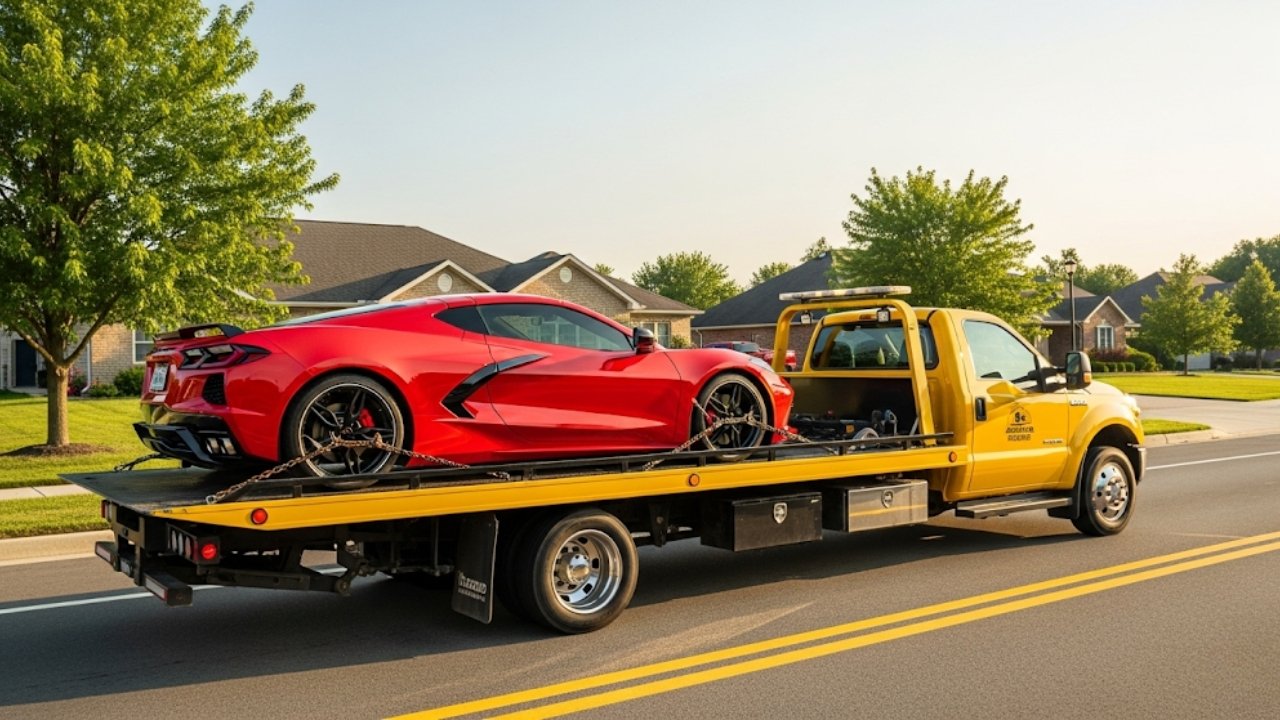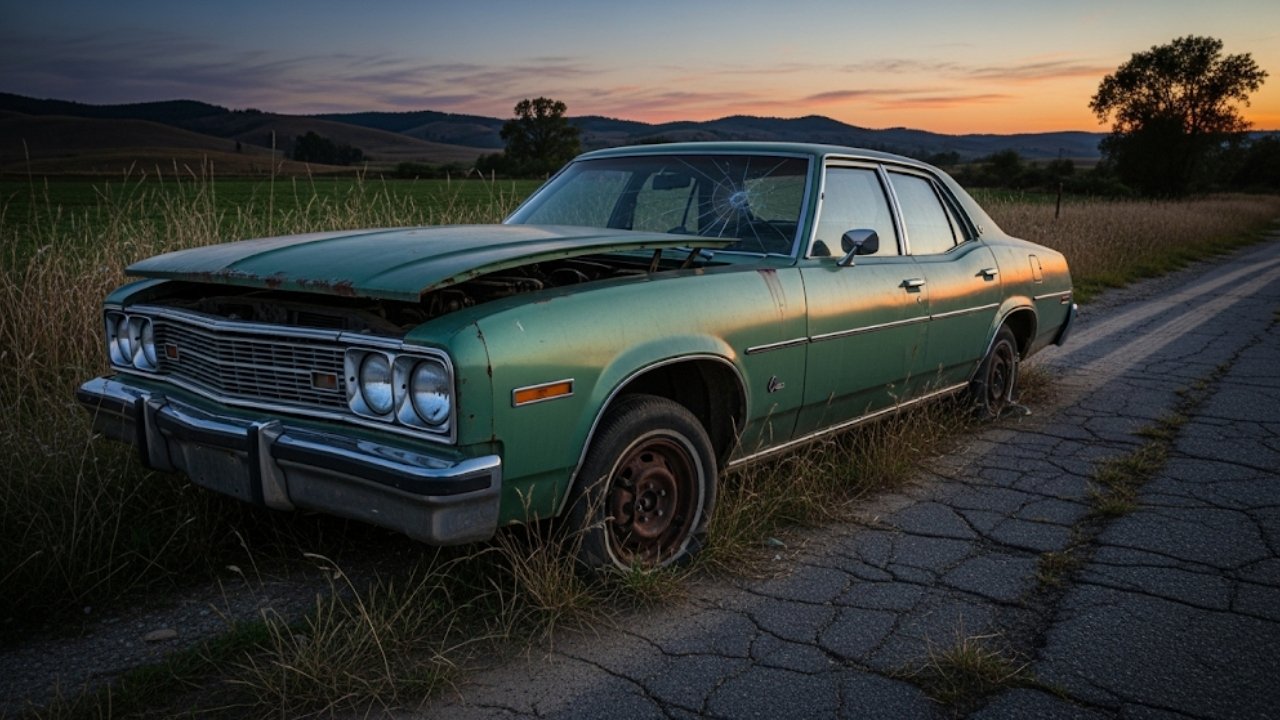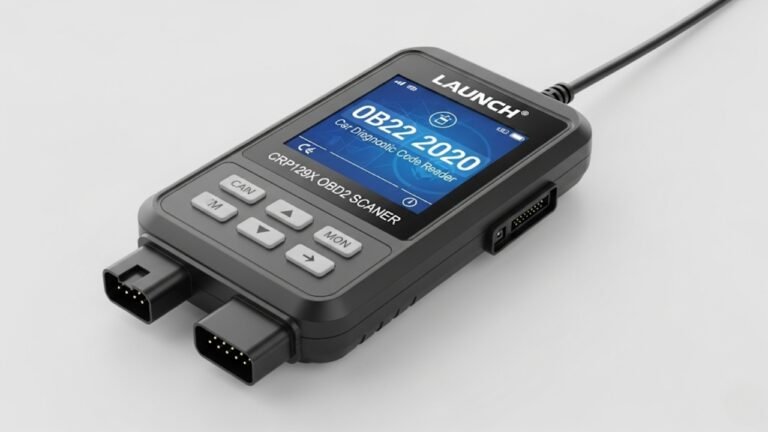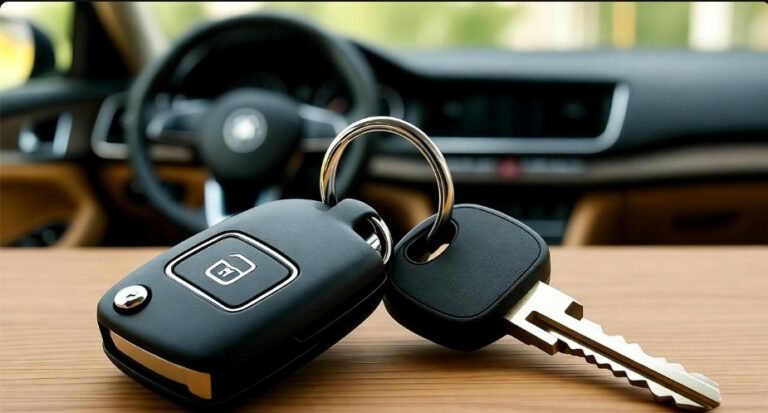Towing a Car to a Mechanic: A Friendly Guide

Imagine this: you’re driving to work, singing along to your favorite playlist, and suddenly—your car jerks, makes a strange noise, and stops. Just like that, you’re stranded. You pop the hood, hoping it’s something simple, but let’s be real—you have no idea what you’re looking at. Sound familiar?
We’ve all been there.
That helpless moment where your reliable car becomes a giant, immobile paperweight. The next logical step? Towing a car to a mechanic. But that decision, while simple on the surface, brings up a flood of questions: “How much will it cost?”, “Who do I call?”, “Can I tow it myself?”, “Is it even safe?”
In this guide, we’re going to walk through everything you need to know. From personal mishaps to professional tips, we’ll cover it all with heart, humor, and a healthy dose of helpful advice. Buckle up, because we’re about to take a ride through one of the less glamorous, but oh-so-important, parts of car ownership.
When Should You Consider Towing Your Car?

✅ Signs You Need a Tow:
-
Car won’t start, even after jump-starting
-
Smoke or steam pouring from the hood
-
Strange noises, especially from the transmission or engine
-
Flat tires with no spare or damaged rims
-
Brake failure or fluid leakage
-
Transmission stuck in park or neutral
-
Severe overheating
-
Involvement in a collision (even minor ones)
Personal Story:
A few years ago, my old Honda gave up on the freeway. I thought it was just a dead battery. Spoiler alert—it wasn’t. I kept trying to start it, pushing it, even got a friendly stranger to help. We ended up making things worse. The mechanic later told me, “You should’ve towed it right away.” Lesson learned.
Moral of the story: Don’t play guessing games with your car’s health. If something feels really wrong, it probably is.
️ Understanding the Types of Towing Services
When you’re towing a car to a mechanic, you don’t just call any truck and hope for the best. There are different types of towing services, and picking the right one can make or break your day—literally.
Types of Tows:
| Type of Tow | Best For | Risk Level |
|---|---|---|
| Flatbed Tow Truck | All-wheel and luxury vehicles | Low |
| Hook & Chain Tow | Scrap cars or older vehicles | High (scratches possible) |
| Wheel-Lift Tow Truck | Short distances, front/rear-wheel drives | Medium |
| Integrated Tow Truck | Heavy-duty towing (buses, trucks) | Low |
Flatbed towing is generally safest, especially if you drive a newer or more expensive car. It lifts the vehicle entirely off the ground, reducing wear and damage.
If you’re unsure what kind of truck you need, tell the dispatcher what car you have and the issue. Most reputable companies will send the right kind.
How Much Does It Cost to Tow a Car?
Let’s talk money—because towing isn’t free, and the cost surprises a lot of people. Depending on how far your car needs to go, the type of truck used, and your location, prices vary. But here’s a rough breakdown:
Typical Towing Costs:
| Service | Average Cost (USD) |
|---|---|
| Hook-up fee | $35 – $100 |
| Per mile after base | $2.50 – $5.00 |
| Long-distance towing (50+ mi) | $200 – $600+ |
| Roadside assistance/tow plans | Often free or discounted |
Pro Tip:
If you have roadside assistance from your car insurance, credit card, or an organization like AAA, you might get free or heavily discounted towing. I once saved $150 just because I’d signed up for my insurer’s roadside plan for $5/month. Totally worth it.
Who Should You Call First?
Okay, the car’s down. You know you need a tow. Who do you call? No, not Ghostbusters. Here’s a step-by-step to keep your stress levels from skyrocketing.
Step-by-Step Action Plan:
-
Move your car to safety (if possible). Try to push it to the side of the road.
-
Turn on hazard lights and put on a reflective vest if you have one.
-
Call your insurance company. They might arrange the tow for you.
-
If not, call a local towing company with good reviews.
-
Inform the mechanic that the car is on its way (if you’re not accompanying it).
Personal Tip: Save the contact info of a reliable towing service and your mechanic in your phone now—trust me, it’ll save you panic later.
Can You Tow the Car Yourself?
This is the part where your inner DIY spirit kicks in. Maybe your friend has a truck and a rope. Maybe you think you can save a buck.
Here’s the truth: towing a car to a mechanic by yourself is risky if you don’t know what you’re doing.
Risks of DIY Towing:
-
Damaging the transmission (especially for automatic or AWD)
-
Causing an accident due to improper securing
-
Breaking local traffic laws
-
Injuring yourself or others
-
Invalidating your car insurance
Unless you’re towing a short distance, have a proper tow dolly or bar, and have done it before—it’s best to leave it to the pros. I once tried it with a friend. We ended up with a snapped rope, a scraped bumper, and a mechanic shaking his head. Not worth it.
Choosing the Right Mechanic After the Tow
Getting the car to the shop is one thing. Picking the right mechanic is another story altogether.
You don’t want someone who just replaces parts without diagnosing. You want a mechanic who listens, asks questions, and maybe even gives you a ride back home.
Look for These Qualities:
-
ASE-certified technicians
-
Transparent pricing
-
Positive reviews and testimonials
-
Willingness to explain repairs in simple terms
-
Warranty on repairs
Bonus Tip:
If you don’t have a trusted mechanic yet, Google reviews, Yelp, and even neighborhood Facebook groups are gold mines. Look for someone who treats customers like people, not invoices.
How to Prepare Your Car Before the Tow Truck Arrives
Once the tow truck is on its way, you’ve got a few minutes to get your car ready. Towing a car to a mechanic safely means thinking ahead, even in stressful moments.
Here’s What You Should Do:
-
Remove valuables: Take out wallets, laptops, phones, documents, and anything personal.
-
Document everything: Snap photos of your car’s condition. It’ll help in case of damage disputes.
-
Put the car in neutral (if it’s being pulled instead of flatbed loaded).
-
Release the emergency brake—this is critical to prevent damage during movement.
-
Turn off the ignition but keep your keys handy for the tow operator.
-
Inform the tow truck driver of any mechanical or tire issues.
Think of this step as prepping your car for surgery. The less confusion, the smoother the process goes.
Personal Tip:
When my cousin’s car broke down last winter, she forgot to release the emergency brake. The tow truck driver didn’t notice, and it damaged the rear wheels. A $100 tow turned into a $400 repair. Always double-check!
️ What Happens During the Towing Process?
You’ve called the truck. You’ve prepped the car. Now what? Understanding what happens next gives you peace of mind.
Here’s How the Process Typically Goes:
-
Arrival and inspection: The tow driver assesses the car and confirms the destination.
-
Hook-up or loading: Depending on the tow type, they’ll either winch the car onto the flatbed or attach wheel lifts.
-
Secure and strap down: Your vehicle gets strapped securely to avoid movement or damage.
-
Paperwork: You might need to sign a release form or invoice.
-
Transport: The driver takes your car to the mechanic, and you can either ride along or follow in another car.
Reminder:
Be polite and communicative. These drivers are often the unsung heroes of road emergencies. A little kindness goes a long way.
❌ Common Mistakes to Avoid When Towing a Car to a Mechanic
No one plans to break down. But we do control how we respond. Avoiding these common mistakes can save time, money, and stress.
Mistakes That Can Cost You:
-
Not asking for a flatbed when your car requires it
-
Forgetting to notify the mechanic the car is coming
-
Letting the tow truck driver pick the shop without checking it out first
-
Not taking photos before the tow
-
Towing long distances without checking the per-mile charge
Remember, you’re the one in charge—even when your car isn’t moving.
Alternatives to Traditional Towing
Let’s say you’re stuck somewhere remote or want a faster solution. There are alternatives to traditional tow trucks when towing a car to a mechanic:
Some Modern Options:
-
Mobile mechanics: Some repairs (like battery, brakes, sensors) can be done on-site.
-
Towing apps: Try HONK, Urgent.ly, or Mach1 for on-demand, trackable towing.
-
Car-sharing support: Companies like Uber and Lyft offer discounted tows for drivers.
-
Insurance partners: Some policies include live-tracked tow truck dispatch via app.
Anecdote:
Last year, I used an app to call a tow at midnight. I could see the truck approaching like Uber. That visibility made a stressful moment easier. If you’re tech-savvy, it’s worth exploring.
Does Insurance Cover Towing?
This is a biggie. Many people don’t realize that insurance might pay for towing—or that they should’ve added coverage months ago.
Here’s What You Need to Know:
-
Comprehensive auto insurance often includes roadside/towing help
-
Add-on towing coverage is usually only $2–$5/month
-
Some credit cards like Chase Sapphire or Amex Platinum include emergency tow support
-
AAA membership includes multiple free tows per year
Quick Tip:
If your insurance policy doesn’t include towing coverage, ask your agent to add it. For the price of a coffee per month, it can save you hundreds.
What to Do When You Need a Tow
| Step | What to Do |
|---|---|
| Identify the issue | Listen to car sounds, check dashboard |
| Decide on towing | If unsafe to drive, don’t risk it |
| Choose the right tow type | Prefer flatbed for newer or AWD cars |
| Prepare the car | Remove items, take pics, neutral gear |
| Notify the mechanic | Let them know your car is incoming |
| Ask about cost and coverage | Check insurance, credit cards, or AAA |
FAQs on Towing a Car to a Mechanic
1. Can I ride in the tow truck with the driver?
Yes, most drivers allow passengers, especially in emergencies. But check ahead—they may have space restrictions.
2. What if I’m in an accident? Do I still pay for towing?
If you’re not at fault, the other driver’s insurance usually pays. Document everything and contact your provider ASAP.
3. Can I choose which mechanic the tow truck takes my car to?
Absolutely. Always direct them to your trusted shop. Don’t let them steer you to a “partner” shop unless you’re okay with it.
4. Will towing damage my vehicle?
Not if done correctly. Flatbed towing is safest. Damage usually happens due to improper hook-ups or braking errors.
5. How long does a tow usually take?
Arrival time varies by location, but most tow trucks arrive within 30–60 minutes. Distance to the shop affects total time.
6. Is it legal to tow a car myself with a rope?
Technically possible in some places, but it’s dangerous, often illegal, and not recommended without proper tools.
7. What should I do if I don’t have towing coverage or cash?
Call your local non-emergency police, a local community aid, or negotiate a payment plan with the towing company.
8. Is it better to repair on-site than tow?
Depends on the problem. If it’s a dead battery or flat tire, roadside repair is faster. Anything bigger—tow it.
Final Thoughts: From Breakdown to Breakthrough
Getting stranded is scary. Towing a car to a mechanic can feel like the end of the road—but really, it’s just a pit stop. It’s your car’s way of saying, “I need a little love.”
Whether you’re panicking on a highway shoulder or stuck in a mall parking lot, remember this: you’ve got options, support, and knowledge now. Tow trucks aren’t just steel beasts—they’re lifelines. And mechanics? They’re your car’s doctors.
You might lose time or money for a day, but taking care of your vehicle means gaining peace of mind for the miles ahead. Don’t cut corners. Don’t rush. Treat your car with care, and it’ll return the favor every time you turn the key.




